
Why This Guide Matters in 2025
Kratom (Mitragyna speciosa), a tropical tree native to Southeast Asia, has gained a large following in the United States and Europe. In 2025, “crushed leaf” kratom — a form where the leaves are broken rather than powdered — is experiencing renewed interest among health-minded consumers who want a product closer to its natural state.
Yet along with the growth of this market come concerns: inconsistent quality, mislabeled products, and shifting legal status at the state level. This guide shows you how to choose trustworthy products, understand the regulatory landscape, and handle kratom responsibly — without giving prescriptive medical or dosing advice.
What Is Crushed Leaf Kratom?
Crushed leaf kratom consists of whole leaves that have been dried and lightly crushed. Compared to powdered or “enhanced” kratom, crushed leaf retains a coarser texture and is typically brewed as a tea.
Key differences from powder/extracts:
- Less processed: closer to the plant’s natural composition.
- More transparent: easier to inspect visually for adulteration.
- Different preparation: often steeped rather than encapsulated or mixed into liquids.
Current Trends Driving the Crushed Leaf Market
- Return to “natural” formats: Many consumers are moving away from potent extracts toward raw or minimally processed botanicals.
- Increased retail availability: Big-box stores and online marketplaces now stock kratom alongside other herbal teas.
- Quality consciousness: Lab-testing and transparent sourcing have become strong selling points.
- Regulatory patchwork: More states have adopted Kratom Consumer Protection Acts (KCPAs), setting standards for labeling, age restrictions, and testing.
The Legal Landscape in 2025: Check Before You Buy
Kratom’s legality varies widely by country, and in the U.S. it differs by state — even by municipality.
Practical steps:
- Use state-by-state resources: Organizations like the American Kratom Association maintain updated maps of legal status.
- Look for KCPA compliance: Some states require specific labeling, testing, and registration; compliant vendors usually display this.
- Watch import restrictions: If you’re outside the U.S., check your country’s customs laws before ordering online.
Choosing a Trustworthy Vendor: A Buyer’s Checklist
Because kratom is not federally regulated as a drug or dietary supplement, quality control falls on vendors. Reputable sellers will:
- Provide third-party lab reports (COAs): showing alkaloid content and testing for heavy metals, pathogens, and adulterants.
- Offer transparent sourcing: specifying the region (e.g., Borneo) and harvest conditions.
- List full ingredients: avoiding vague “enhanced” or “fortified” claims.
- Use proper packaging: sealed, moisture-proof bags with batch numbers and expiration dates.
- Have good customer reviews: both on their own site and on independent forums.
Understanding Potency Without Dosage Claims
Although this guide does not give specific dosage instructions, you can still make safer choices:
- Recognize product types: Crushed leaf typically has lower alkaloid concentration than extracts, but potency varies by strain, region, and batch.
- Read lab reports: Alkaloid content (especially mitragynine) is usually listed as a percentage. Compare across batches.
- Start with minimal amounts: New users often begin with small quantities until they understand how their body responds — consult a healthcare professional first.
- Avoid “spiked” or synthetic blends: Anything promising “extra strength” or “7-OH enhanced” may not be pure plant material.
Preparing Crushed Leaf Kratom Safely
Most people brew crushed leaf as a tea or infusion. Safety tips for preparation (non-medical):
- Use clean utensils: to avoid contamination.
- Store properly: in a cool, dry place away from light and moisture.
- Do not mix with unknown substances: Alcohol, prescription medications, or other herbs can cause unpredictable effects.
- Label your containers: especially if others in your household might mistake it for a culinary herb.
Red Flags and How to Handle Problems
Even with precautions, issues can arise:
- Unexpected effects or contamination: Stop using the product and consult a healthcare professional.
- Report suspect products: to your local health authority or consumer protection agency.
- Contact the vendor: Reputable sellers will address complaints or issue refunds.
Conclusion: Empowered, Informed Buying
Crushed leaf kratom can be part of a natural wellness routine for some consumers, but only if sourced and handled responsibly. In 2025’s evolving market, the safest approach is to verify legality, demand transparent lab testing, and handle the product carefully.
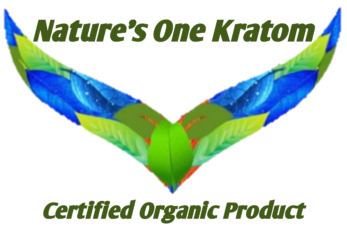
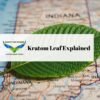

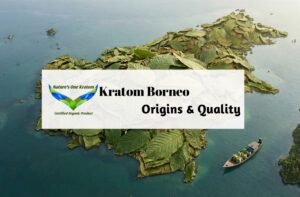
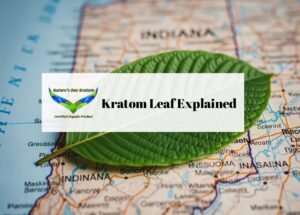
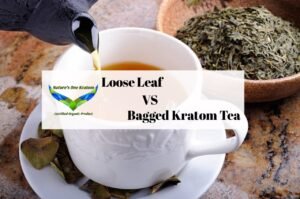
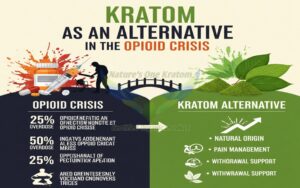

Add comment